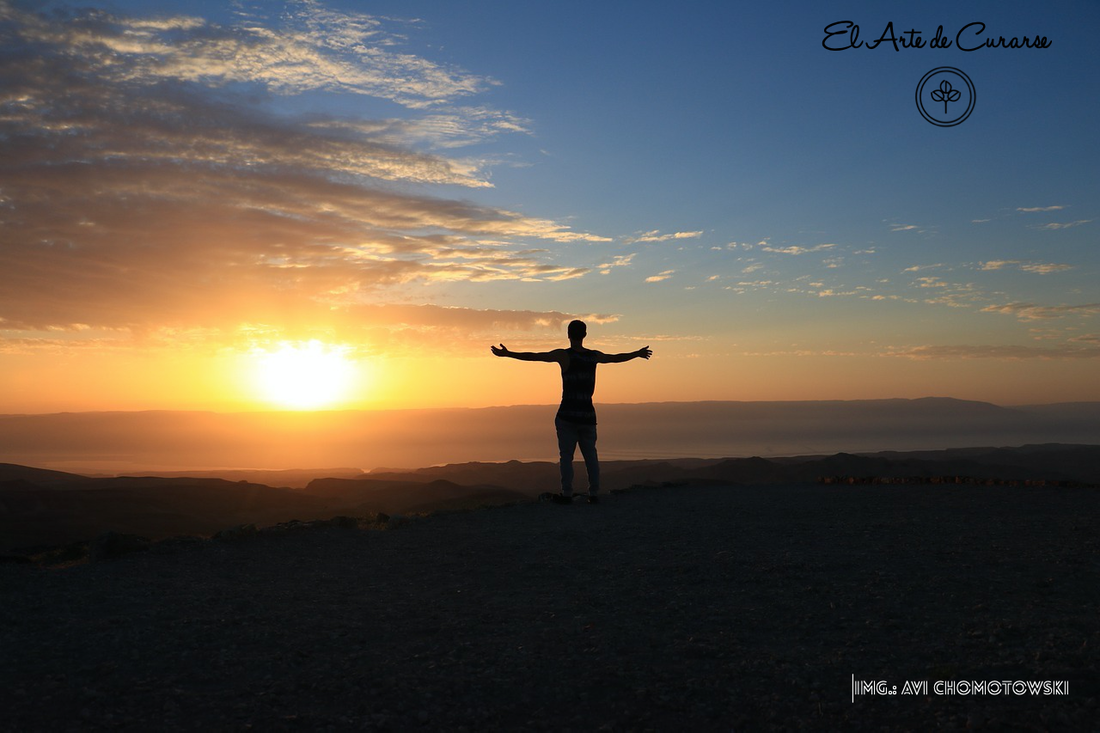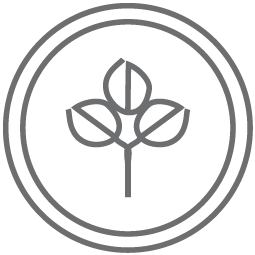
If for you, the purpose of life is to be happy, perhaps you are wrong.
Share

“Maybe because I no longer see happiness as something unattainable, I now know that happiness can happen at any time and that it should not be pursued”
Jorge Luis Borges
We grow up with the idea that the goal of life is to be happy, no matter what the cost. Difficulties, sacrifices, a job we don’t like… In fact, we get up in the morning and go to a job, a trade that will give us “the means” to “be happy”.
That's why, as journalist Darius Foroux says, we collectively buy things we don't need, sleep with people we don't love, and try hard at work to gain the approval of people we don't like.
Who convinced us that this is the path to happiness? Our society, through politics, advertising, economics and more, tells us this several times a day.
Psychology, on the other hand, studies the reasons why people are not happy.
We buy something because we believe it will make us happy.
We get the job of our dreams, thinking it is synonymous with happiness.
We want to take a vacation to an exotic place because we will be happy there.
We want to meet interesting people or make important connections that will lead us to happiness.
We commit ourselves to the person we desire intensely because we believe that they are the bearer of our happiness.
And you will continue to wonder, what is the next step to be happy?
Was Aristotle wrong when he said, “Happiness is the meaning and purpose of life, the whole aim and goal of human existence”?
Perhaps this maxim needs to be looked at from another angle. When you read it, it suggests that the purpose of life is happiness. Of course, that is also true. The thing is that true happiness will always be the product of something that is achieved in a crystal-clear way. It is different from buying a pair of shoes, since it is something that produces instant satisfaction and that's it.
How to be happy, then?

The news is that happiness cannot be a goal in itself, so there is no point in trying to achieve it.
I have found my happy moments when I have served. For Darius Foroux, the journalist who inspired me to write this text, it is feeling useful (which is similar).
Most of the things we do in life are just that, activities.
We go on vacation, to work, shopping, partying...
These things, in principle, should make us happy, shouldn't they? But they don't provide a service. You're not building something. You're consuming or experiencing something, and that's okay, too.
I'd be lying if I told you I didn't like going on vacation or shopping, but understand me, that's not what gives meaning to life.
Personally, I have found deep satisfaction when I can contribute something to improve the quality of life of a person or a small animal or a plant; when I can, in some way, alleviate the difficult time that someone may be going through.
Other people will feel happiness, perhaps, when they build or make something that other people can use, for example.
Once you reflect on what you are doing with your life, suddenly several maxims start to make more sense than ever:
“Where two eat, three eat”
“A joy shared is a double joy”
"Do good without looking at who"
“The purpose of life is not to be happy. It is to be useful, honorable, compassionate; that makes the difference between having merely lived and having lived well.” Ralph Waldo Emerson
In Emerson's phrase, the reflection is what am I forging to make a difference?
It is not about becoming a nun of charity or leaving everything and going as a missionary to Africa. Helping and having compassion are within reach:
- Helping your boss or a coworker with something that is not your responsibility.
- Accompanying your mother or an elderly relative to a medical appointment
- If you have employees, treat them well
- Call a friend who may need help with moving, etc.
These are just examples, but I imagine you have your own list. It's not much and you certainly won't be rewarded materially. But at the level of consciousness, at the emotional level, it's what makes the difference between living life and living it well.
Nobody wants to get to the end of their life and realize that they left no mark.
A year ago my mother was hospitalized for two weeks and my brother, sister and I had to take turns staying with her at the hospital. It was a difficult task for several reasons, let alone that after half an hour of being there, you already wanted to go out and take a break.
After a week, we were exhausted from the shifts and the delicate spirits. One night when I rested and was able to stay at home, I felt like I couldn't take it anymore, I had no way to replenish my energy to be able to continue. However, I thought: if I were on my deathbed and as they say, all of life flashes before our eyes, like a movie, how would I want to remember this moment in my life? Fighting with my brothers, making a face at nurses and everyone around me, not showing up for shifts anymore? Or putting myself in a good mood, helping to calm the spirits, being attentive to whatever was needed, starting with my mother, my brothers and the medical staff?
It may sound a bit extreme, but it helped me to step back from the situation and see, like in a movie, how I performed, and whether that is really how I want to remember that moment when I recall it in the future.
I also realized the effect of my attitude and disposition on the other people involved, and instead of it being increasingly stressful, it brought relief to everyone, especially me.
Change of mentality

Trying to serve is a state of mind and like any mindset, it begins with a decision.
For me, it was a decision to communicate what I know and research with the goal of helping anyone who reads me to heal themselves, to practice preventative medicine from home and make it a habit for their life and that of their family.
For you, it could be dedicating yourself to your purpose, whether it be helping the elderly, people on the streets, looking after the well-being of animals, creating a small business, or whatever you feel you want to do.
Find your purpose through these questions
A study by the University of Michigan and published in the Journal of the American Medical Association confirms that living and working with a purpose leads to greater commitment, motivation, productivity and retention.
According to Scott Mautz, author of “Find the Fire ” and “ Make it Matter ,” purpose is a deep “Why?” that creating a sense of being on a mission to do something worthwhile creates a sense of purpose.
It is your “to do” in life. Purpose integrates who you are and what you do. It inspires you to renew your commitments and do everything to manifest it, which is why it is so powerful.
Mautz proposes a mechanism to enable this function of purpose in us: introspection.
In his book “ Make it Matter ” Mautz provides a series of questions to ask yourself in order to find your purpose:
- What are your superpowers?
Modesty aside, you know what you're good at. How can you harness that strength, like a superhero, for the good of the world? When you choose to use that strength for a purpose, something bigger than yourself elevates you to superpower status.
- What are your values and principles?
What do you believe most strongly in, to the point of guiding your everyday actions? Being true to those values is one of the simplest ways to have the courage and bravery to live and work with purpose.
- What job would you do for free?
Pay attention to what you do when you have no sense of time. What do you daydream about? Those things that absorb you may be signs of something you were meant to do that, if you relive it, could bring deeper meaning to your life.
- What have been your happiest moments?
What were you specifically doing at those times and what was it that brought you so much joy? Looking back at several occasions and the common things that characterize those moments can give you clues to finding your purpose.
- What have you learned from your successes and failures at work?
Setbacks in your career, besides being valuable learning experiences, help you see the triumphs better. Reflect on what was happening in both the adversities and the victories. What were you like in those moments? Where did you fail or where was the achievement? The clues to your purpose are there.
- What needs to be done?
What is the cause of your struggle? What problem needs to be solved? What does the world need and what are you gifted to offer? Note that these are transcendental and general questions. Often, purpose fuels something greater than ourselves.
- What would your colleagues miss if you weren't there?
This question specifically addresses the inspiring and magnetic characteristics that you have that draw people around you to you. What they might miss are signs of what you can accentuate and make last in pursuit of your purpose.
- What would people say you did?
What trait of yours would others talk about in your absence? What have others said about your talents? Have you heard the phrase, you could be “_____”? These are all clues on the path to your purpose.
Good health and happiness.

1 comment
Hola Johanna, estoy totalmente de acuerdo con tu artículo, es poderoso !. Te comparto que ando en este camino …gracias por tus valiosos aportes de vida…